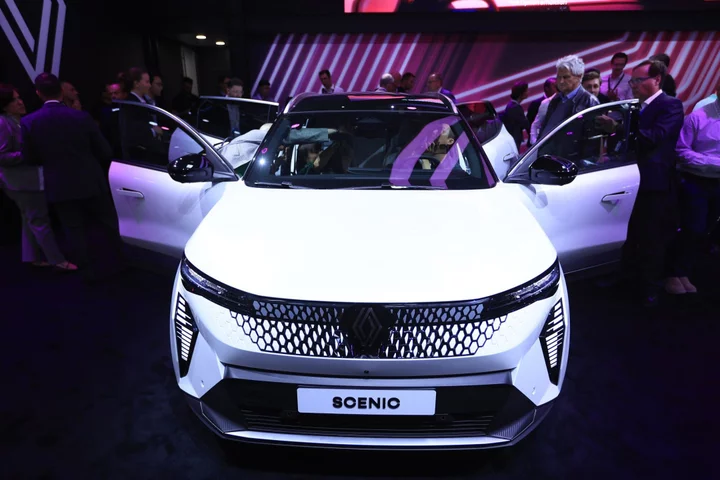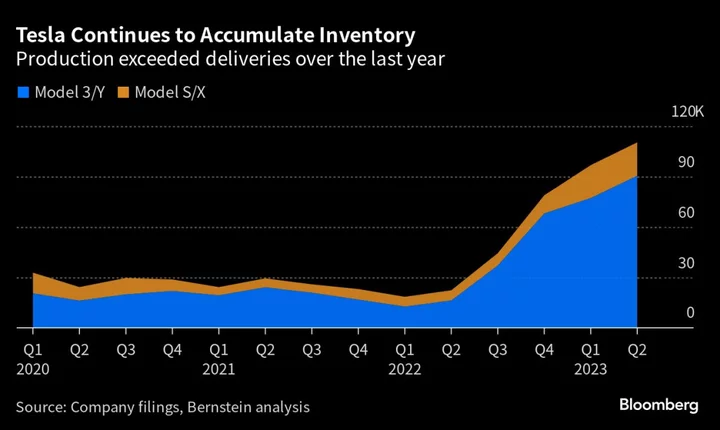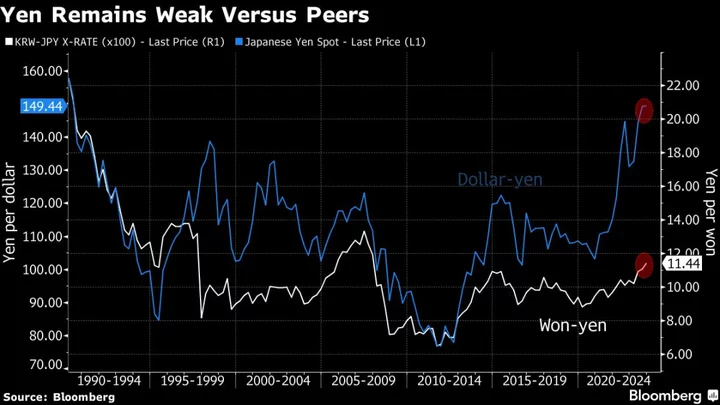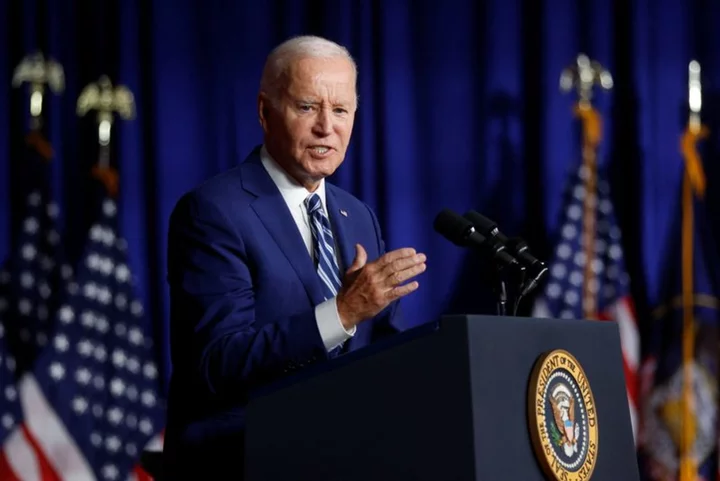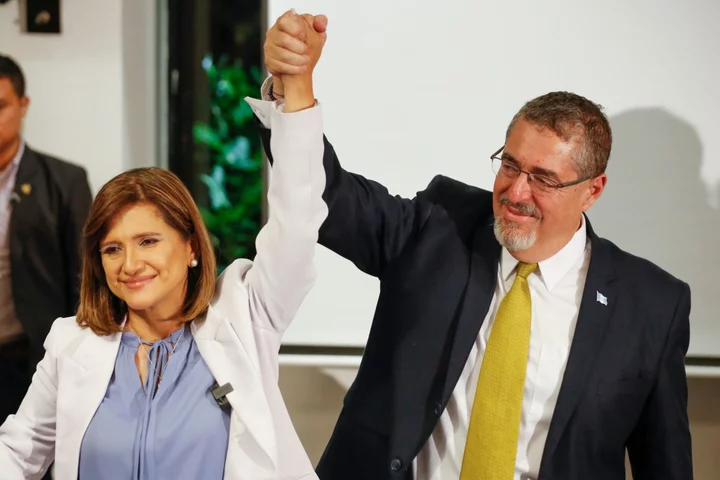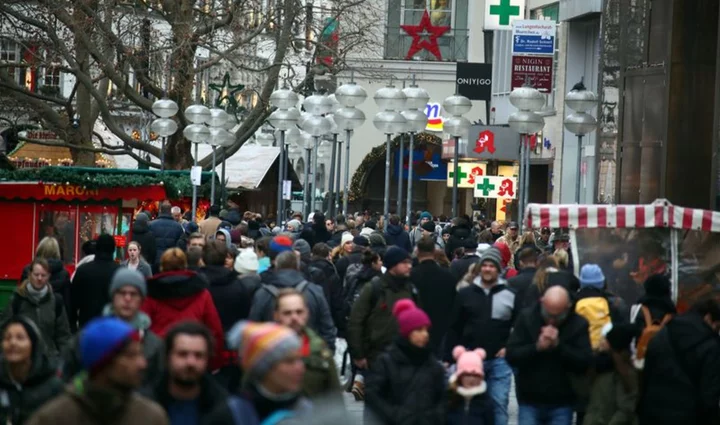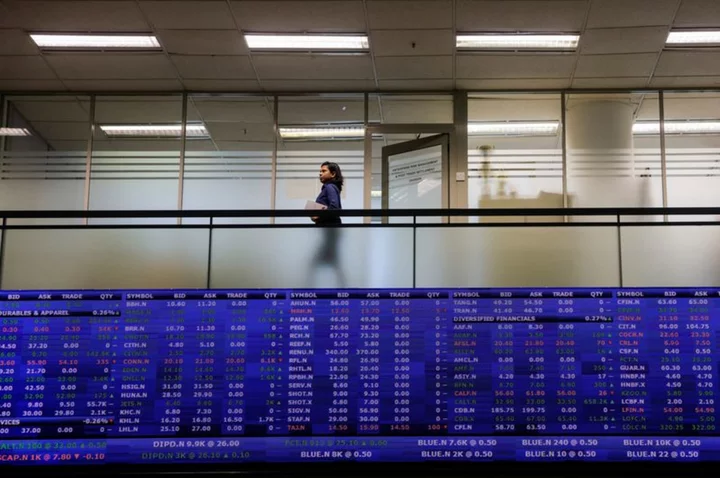Europe’s main auto lobby group urged policymakers to delay post-Brexit tariffs on electric vehicles, saying they could reduce production in the region by 480,000 cars over three years.
Ahead of a meeting of trade officials this week, the European Automobile Manufacturers’ Association issued an “urgent plea” to the European Commission to push back the tariffs, which are due to take effect in January on trade between Britain and the EU.
Electric vehicles have become a major focal point of global trade tensions in recent weeks as Europe frets that its automakers will lose out to Chinese manufacturers in the transition to less polluting cars. The EU this month launched an investigation of Beijing’s financial support for the EV industry.
Under post-Brexit arrangements, EVs traded between the UK and the EU from next year will attract a 10% tariff if less than 45% of their value comes from the region. Britain and European carmakers want to extend the planned phase-in period by three years, when the full set of so-called rules of origin come into force, allowing more time for the region’s battery supply chain to develop.
Sticking to Plan
So far, the commission hasn’t budged from the timetable. Enacting the tariffs as soon as January could cost EU car manufacturers €4.3 billion ($4.6 billion) over the next three years, according to estimates by ACEA, as the group is known.
“Europe should be supporting its industry in the net-zero transition as other regions do — not hindering it,” ACEA President and Renault SA Chief Executive Officer Luca de Meo said in the statement. “Driving up consumer prices of European EVs, at the very time when we need to fight for market share in the face of fierce international competition, is not the right move.”
UK Prime Minister Rishi Sunak has been looking to enroll German Chancellor Olaf Scholz to help delay the upcoming tariffs on EVs shipped between the UK and the EU, Bloomberg reported in July.
The only way for manufacturers to avoid the 10% duties kicking off next year would be to source all battery parts and critical battery materials in the EU and the UK, and “this is practically impossible to achieve today,” ACEA said in its statement.

